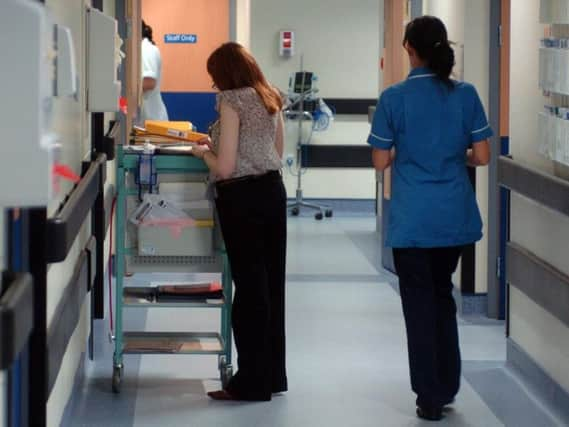Government to recruit 20,000 extra staff recruited to help deliver care in GP networks


Doctors’ surgeries are being encouraged to join new Primary Care Networks, which will see them pool resources to free up GPs to sped more time with patients.
Dr Nikita Kanani, NHS England and NHS Improvement’s medical director for primary care, and a London GP, said: “We know GPs across the country face significant pressure, which is why we are investing in general practice over the next five years to recruit 20,000 specialist health workers, such as pharmacists, physiotherapists, social care link workers, paramedics and physician associates to work with them and offer our patients the most appropriate care.
Advertisement
Hide AdAdvertisement
Hide Ad“We are also committed to recruiting and retaining more GPs and nurses, and have more GPs in training than ever before.”
Primary Care Networks are part of changes to the GP contract agreed between NHS England and the British Medical Association (BMA) in January.
While the BMA supports PCNs, moves to form 15 of the networks in the Calderdale and Greater Huddersfield NHS area is being opposed by an NHS action group.
Calderdale and Kirklees 999 Call for the NHS has written to GPs urging them not to join the networks, which they claim are being set up without proper consultation and will lead to restriction on access to healthcare.
Advertisement
Hide AdAdvertisement
Hide AdJenny Shepherd, who chairs the group, said: “This Primary Care Network contract is basically going to make it impossible for most patients to see their own named GP. GPs will only see patients with the most complicated illnesses.
“And they will have to spend a lot of time supervising less qualified staff who will have most of the contact with patients.”
But a Calderdale Clinical Commissioning Group (CCG) spokesman said: “Closer working between care professionals and organisations in each community will bring about more accessible services, allowing people access to the people and services they need in a single appointment, with shorter waiting times.”